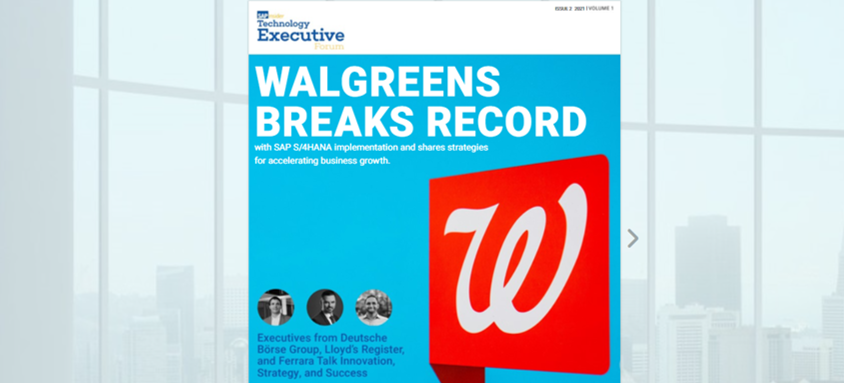Digital Transformation Lessons Learned: 3 Tips from an Experienced HR Tech Leader
Meet the Experts
Companies have many good reasons to undergo digital transformation, but in the excitement to implement new processes and technologies there are often roadblocks and hiccups along the way. To gain some insight into lessons learned and pitfalls to avoid, SAPinsider spoke with one HR leader with nearly 20 years of experience who is currently undergoing a company-wide digital transformation project. That includes HR transformation that they are helping to manage.
In speaking with the veteran HR leader, they offered key tips that they’ve learned throughout their SAP transformation process.
Digital Transformation Lessons Learned
Start early in building a digital transformation culture. “Ground zero” change management should be part of the process—a kickoff before the project begins that gets stakeholders and subject matter experts involved to let them know why the transformation is happening, how it will happen, and how it will impact their jobs.
Without that early change management effort, stakeholders may not fully understand the project and that could lead to greater resistance as it goes on. It may be easy to assume that because they are getting new technology, they will embrace digital transformation, but that’s not always the case.
Establish your approach on fulfilling your unique technology requirements—consider going as clean as possible and avoiding customization. Some companies may try to custom develop solutions when the software they purchased doesn’t exactly fit their processes. Failing that, they may look for supplemental products in the market.
This iterative approach can waste time and looking to custom develop may undermine the intention of digital transformation—to improve processes and use technology that enables those improve processes. If your organization is developing custom tools to make you current process fit with the new technology, then you may have lost the transformation thread. Ultimately, it’s possible you’ll tire of the custom development effort and begin to instead seek out best-of-breed solutions built on best practices and redesigning your processes to align with those. Consider that possibility from the outset.
Integrations are important—know what they need to do, not just where they fit. When building out your Statement of Work (SoW) with your implementation partner, it’s important to establish the right expectations around integrations. Your implementer needs to know the purpose of the integrations—why one app is trading data with another, and the desired outcome of that connection.
As you go through the project, you may find yourself needing custom work done that was not expected if the right expectations are not set. So, instead of just listing the integration, go into more detail, and that can help avoid scope creep later in the project.
What This Means for SAPinsiders
Don’t skimp on change management. It’s rare to hear about too much change management, but it’s common to hear companies say they haven’t done enough. Start as early as possible and it’s more likely that your stakeholders will be on board throughout your digital transformation.
Establish the right expectations with your transformation partners. Make sure that your implementation partners know exactly what you need out of their work. This can help avoid confusion and will strengthen your relationship with your partners overall.









